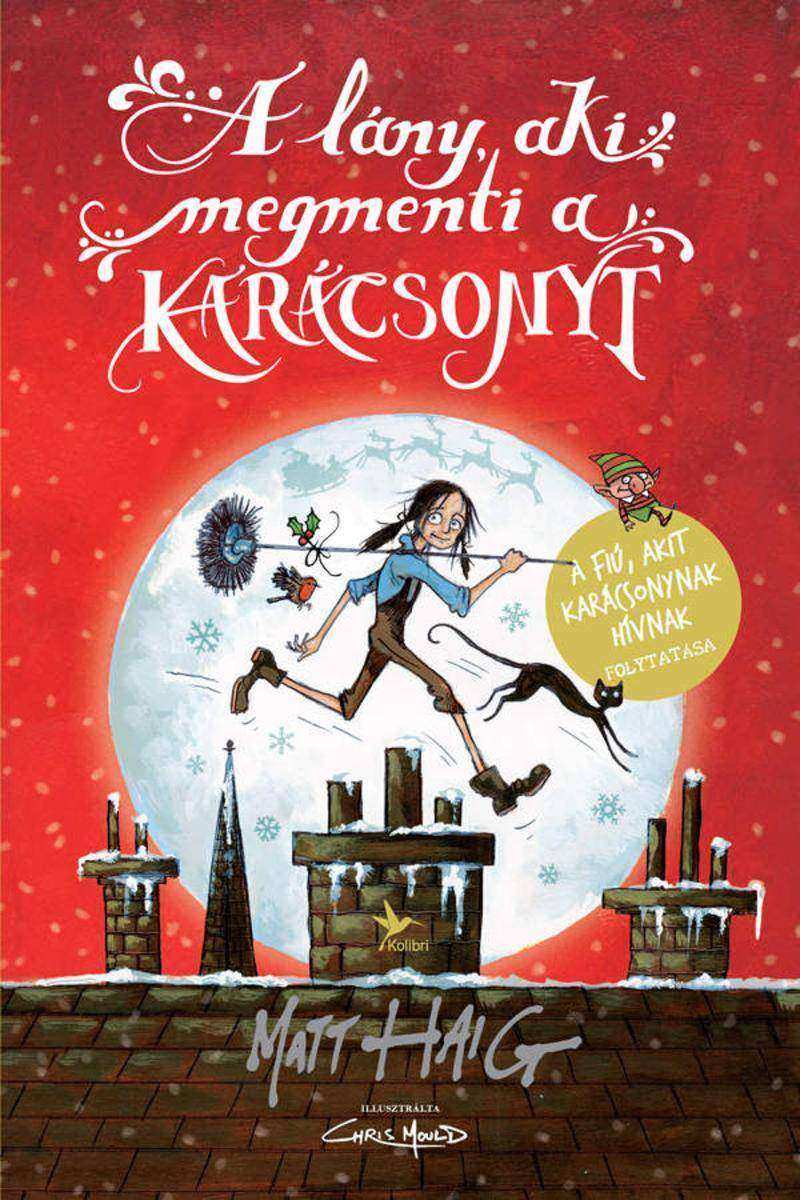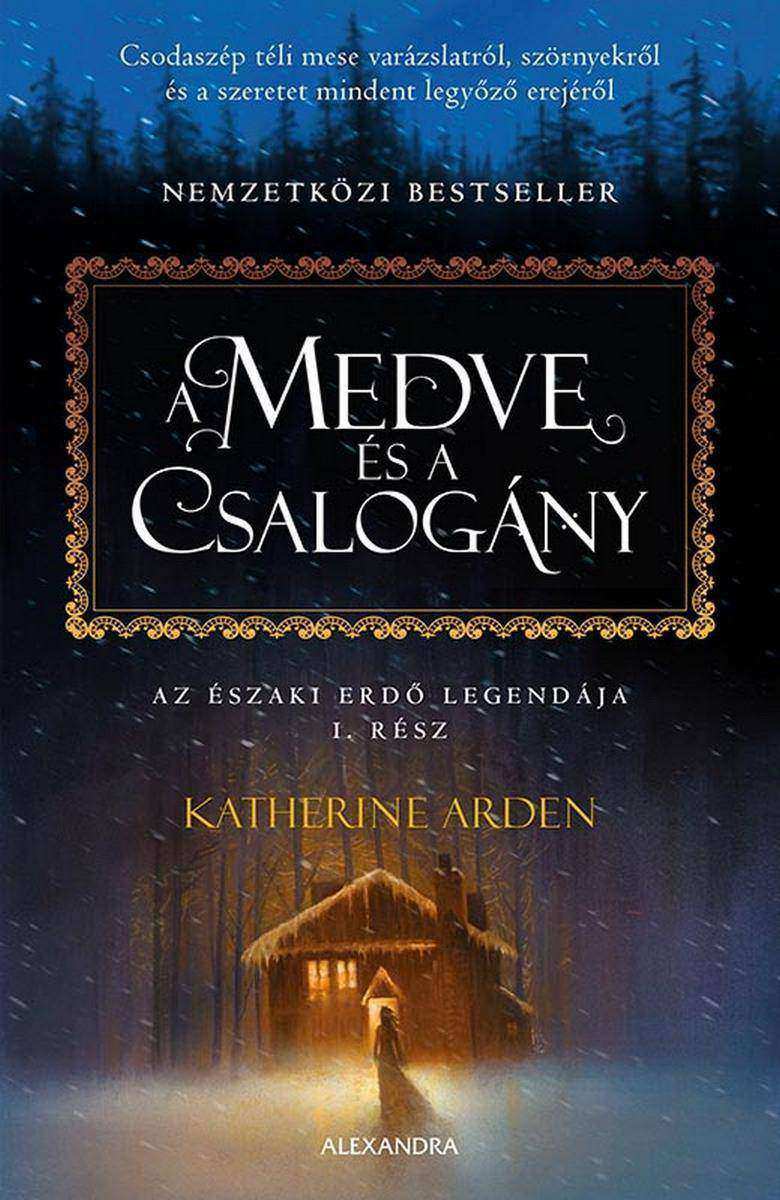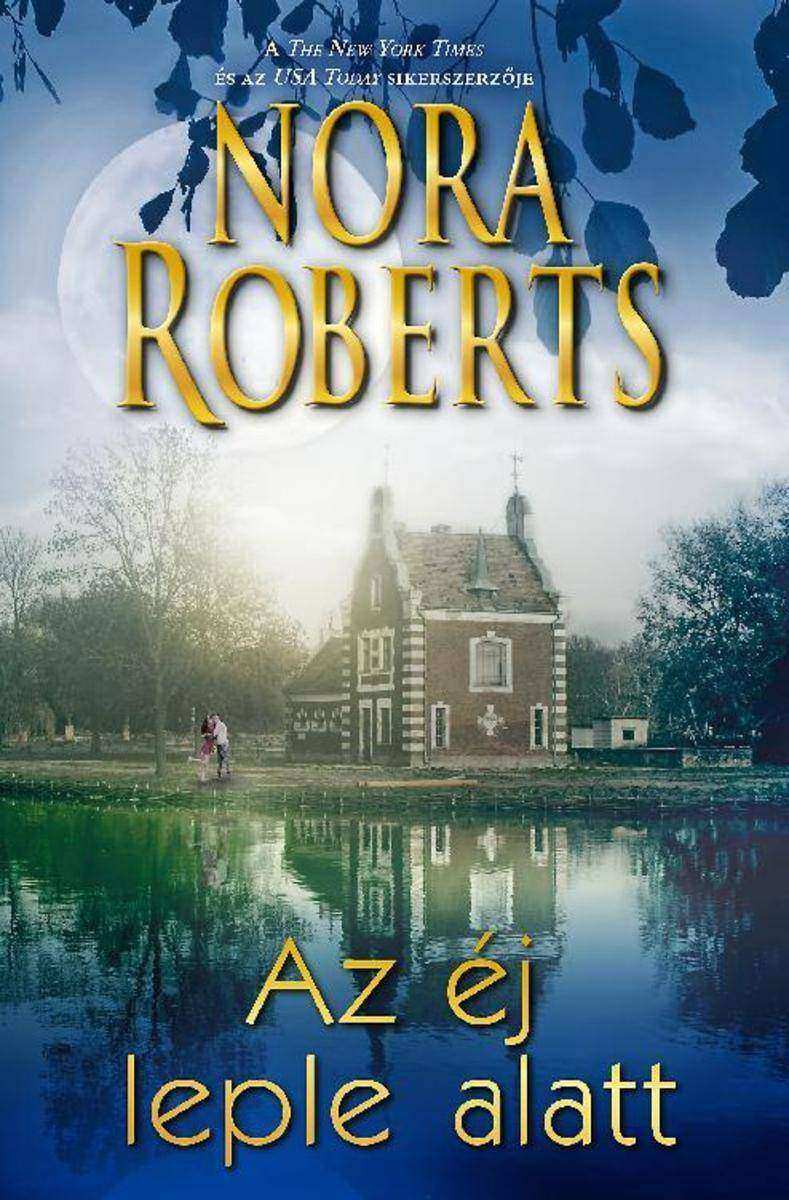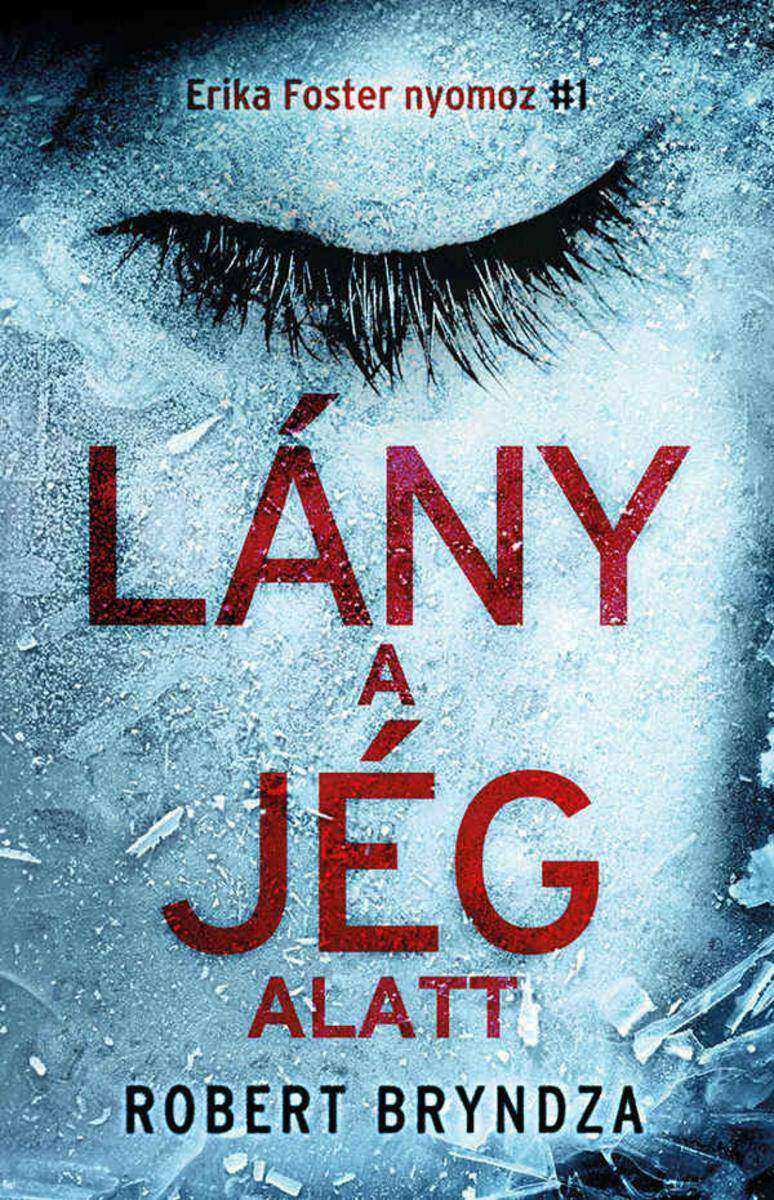
A lány, aki megmenti a karácsonyt
¥66.79
A lány, aki megmenti a karácsonyt

A medve és a csalogány
¥87.47
A medve és a csalogány

Romana 613. - Kadar foglya
¥20.11
Romana 613. - Kadar foglya

Született nyomozó
¥74.56
Született nyomozó

A rózsakert meséje
¥20.11
A rózsakert meséje

A múlt fogságában, ?jratervezés, Ne mondd, hogy szeretsz!
¥51.83
A múlt fogságában, ?jratervezés, Ne mondd, hogy szeretsz!

Mással majd boldog leszel (Melbourne-i szülészn?k 2.)
¥40.30
Mással majd boldog leszel (Melbourne-i szülészn?k 2.)

A hercegn?k nem sírnak
¥18.56
A hercegn?k nem sírnak

?rzéki angyal
¥20.52
rzéki angyal

Az éj leple alatt
¥81.75
Az éj leple alatt

Velencei vizeken, Sophia titka, ?vegszív
¥46.84
Velencei vizeken, Sophia titka, ?vegszív

Miután elhagytál: 3 t?rténet 1 k?tetben
¥52.48
Miután elhagytál: 3 t?rténet 1 k?tetben

Mallorcai rózsakert, Veled ?r?k a nyár, Mallorcai pályázat
¥46.03
Mallorcai rózsakert, Veled ?r?k a nyár, Mallorcai pályázat

Hiába futsz el?lem, T?z és víz, Leomló falak
¥46.84
Hiába futsz el?lem, T?z és víz, Leomló falak

Felh?k f?l?tt, Fordulj vissza!, Kárment?
¥46.84
Felh?k f?l?tt, Fordulj vissza!, Kárment?

Az ezredik emelet
¥75.54
Az ezredik emelet

Herceg vagy kalandor?
¥18.72
Herceg vagy kalandor?

Budapest novemberben
¥67.12
Budapest novemberben

Lány a jég alatt
¥75.86
Lány a jég alatt

Szívhang 508–510. (Szolgál, véd, szeret; Derült égb?l lánykérés)
¥37.20
Szívhang 508–510. (Szolgál, véd, szeret; Derült égb?l lánykérés)

Megt?rt Júlia: Starcrossed-sorozat 2.
¥69.65
Megt?rt Júlia: Starcrossed-sorozat 2.




 购物车
购物车 个人中心
个人中心



